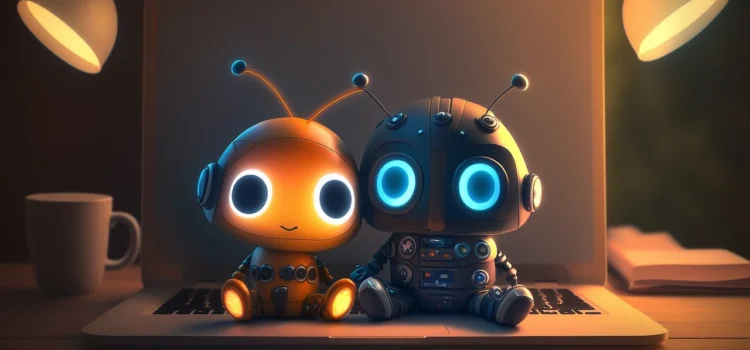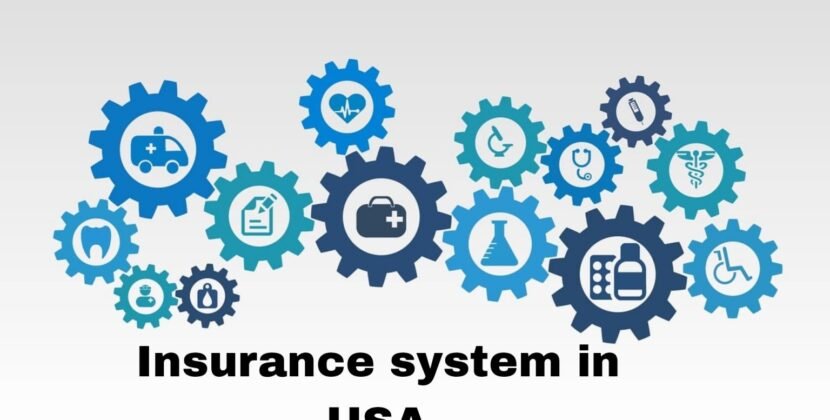Artificial Intelligence (AI) is no longer a futuristic concept; it’s a part of our daily routine. Whether we’re aware of it or not, AI technologies have integrated into various aspects of our lives, fundamentally altering how we interact with the world around us. Let’s dive into the significant ways AI impacts our everyday life, from the moment we wake up to when we wind down.
Understanding Artificial Intelligence
What is Artificial Intelligence?
Artificial Intelligence refers to the simulation of human intelligence processes by machines. These processes include learning, reasoning, problem-solving, and understanding language. Unlike the human brain, which is a complex organ with approximately 86 billion neurons and 100 trillion synapses, AI systems are designed to mimic these cognitive functions. The goal of AI is to develop systems that can perform tasks requiring human-like intelligence.
Historical Context and Evolution
AI has come a long way since its inception. The term “artificial intelligence” was first coined in 1955 by John McCarthy. Early AI systems were rule-based and could perform tasks in limited domains. Today, AI encompasses various technologies like machine learning, natural language processing, and neural networks, which allow machines to learn and adapt over time.
Key Technologies Behind AI
AI technologies include:
- Machine Learning (ML): A method where algorithms learn from data to make predictions or decisions.
- Natural Language Processing (NLP): Enables machines to understand and respond to human language.
- Computer Vision: Allows machines to interpret and make decisions based on visual data.
AI in Daily Routines
Morning Routines and AI
When we wake up, many of us rely on AI-powered devices to start our day.
AI in Mobile Phones
From voice assistants like Siri and Google Assistant to personalised news feeds, our smartphones use AI to enhance our daily interactions. These tools help manage our schedules, provide weather updates, and even recommend music.
AI in Smart Home Devices
Smart home devices like thermostats, lights, and security cameras use AI to optimise home environments. These devices learn our preferences and adjust settings automatically, making our lives more convenient and energy-efficient.
AI in Work Environments
Productivity Tools
AI-driven productivity tools such as email filters, scheduling assistants, and project management software help streamline workflows. They analyze patterns in our work and suggest optimizations, reducing the time spent on routine tasks.
AI in Communication
AI also enhances communication through tools like chatbots and virtual assistants. These systems can handle customer queries, schedule meetings, and provide instant responses, freeing up time for more complex tasks.
AI in Entertainment
Streaming Services
Platforms like Netflix and Spotify use AI to recommend content based on our viewing or listening history. These recommendations are powered by algorithms that analyze user behaviour and preferences.
Social Media Algorithms
AI algorithms on social media platforms curate the content we see. They analyze our interactions to show posts, ads, and updates that are most relevant to us, which can shape our online experiences and even influence our opinions.
The Role of AI in Decision-Making
Personalised Recommendations
AI enhances decision-making by providing personalised recommendations. For instance, online shopping platforms use AI to suggest products based on our past purchases and browsing behaviour. This personalization helps us make choices that align with our preferences and needs.
Data-Driven Decision Making
AI enables data-driven decision-making by analyzing vast amounts of data to identify patterns and trends. Businesses use AI to make informed decisions about marketing strategies, product development, and customer engagement.
Ethical Considerations
With AI’s increasing role in decision-making, ethical concerns arise. Issues like privacy, bias, and accountability are critical as AI systems become more integrated into our lives. Ensuring that AI is used responsibly and transparently is crucial for maintaining public trust.
AI and Personal Health
AI in Health Monitoring
AI technologies are transforming personal health management. Wearable devices like fitness trackers monitor our physical activity, sleep patterns, and heart rates, providing valuable insights into our health.
Virtual Health Assistants
AI-powered virtual health assistants offer medical advice and answer health-related questions. These assistants can provide guidance on managing chronic conditions, medication reminders, and basic health queries.
AI in Medical Diagnostics
In the medical field, AI assists in diagnosing diseases by analyzing medical images and patient data. AI systems, including AI image generators, can enhance medical imaging by creating detailed visual representations, helping doctors identify patterns that may be missed by the human eye, leading to earlier and more accurate diagnoses.
The Future of AI in Everyday Life
Emerging Technologies
The future of AI promises exciting advancements. Technologies like autonomous vehicles, advanced robotics, and more sophisticated AI-driven health tools are on the horizon, potentially transforming how we live and work.
Potential Benefits and Risks
AI holds the potential to improve efficiency, convenience, and quality of life. However, it also poses risks such as job displacement, privacy concerns, and ethical dilemmas. Balancing the benefits with these risks will be essential as AI continues to evolve.
The Path Forward
As we move forward, it’s crucial to foster a collaborative approach between technologists, policymakers, and the public. Developing frameworks and regulations to guide AI’s use will help ensure it benefits society while mitigating potential drawbacks.
Conclusion
Artificial Intelligence has embedded itself in the fabric of our daily lives, often in ways we might not even notice. From enhancing our morning routines to reshaping how we work and entertain ourselves, AI is a powerful force that drives much of our daily experiences. As technology continues to advance, understanding AI’s impact and navigating its future developments will be key to harnessing its full potential while addressing the challenges it presents.
FAQs
What are some everyday examples of AI?
Everyday examples of AI include voice assistants like Siri, personalised recommendations on streaming platforms, and smart home devices that adjust settings based on user preferences.
How does AI influence decision-making?
AI influences decision-making by providing personalised recommendations and analysing data to identify trends, helping users and businesses make informed choices.
Can AI impact personal health?
Yes, AI impacts personal health through health monitoring devices, virtual health assistants, and advanced diagnostic tools that aid in managing and improving health.
What are the risks of AI in daily life?
Risks of AI include privacy concerns, potential biases in decision-making, and job displacement due to automation.
How will AI evolve in the future?
AI is expected to evolve with advancements in technologies such as autonomous vehicles and advanced robotics, offering both new opportunities and challenges.













